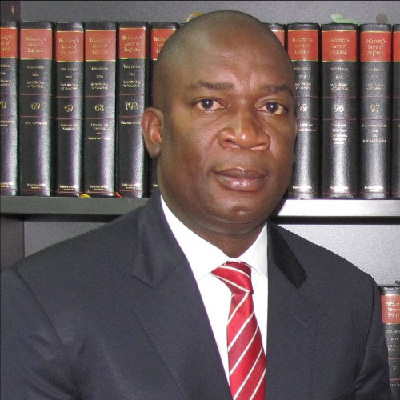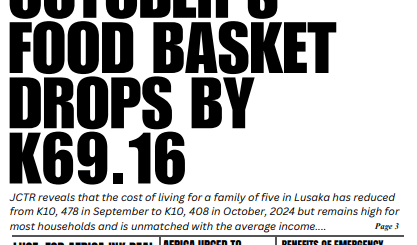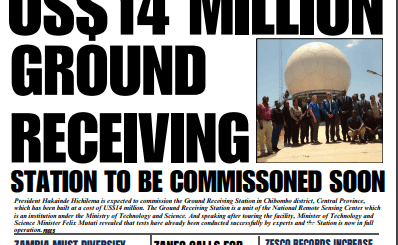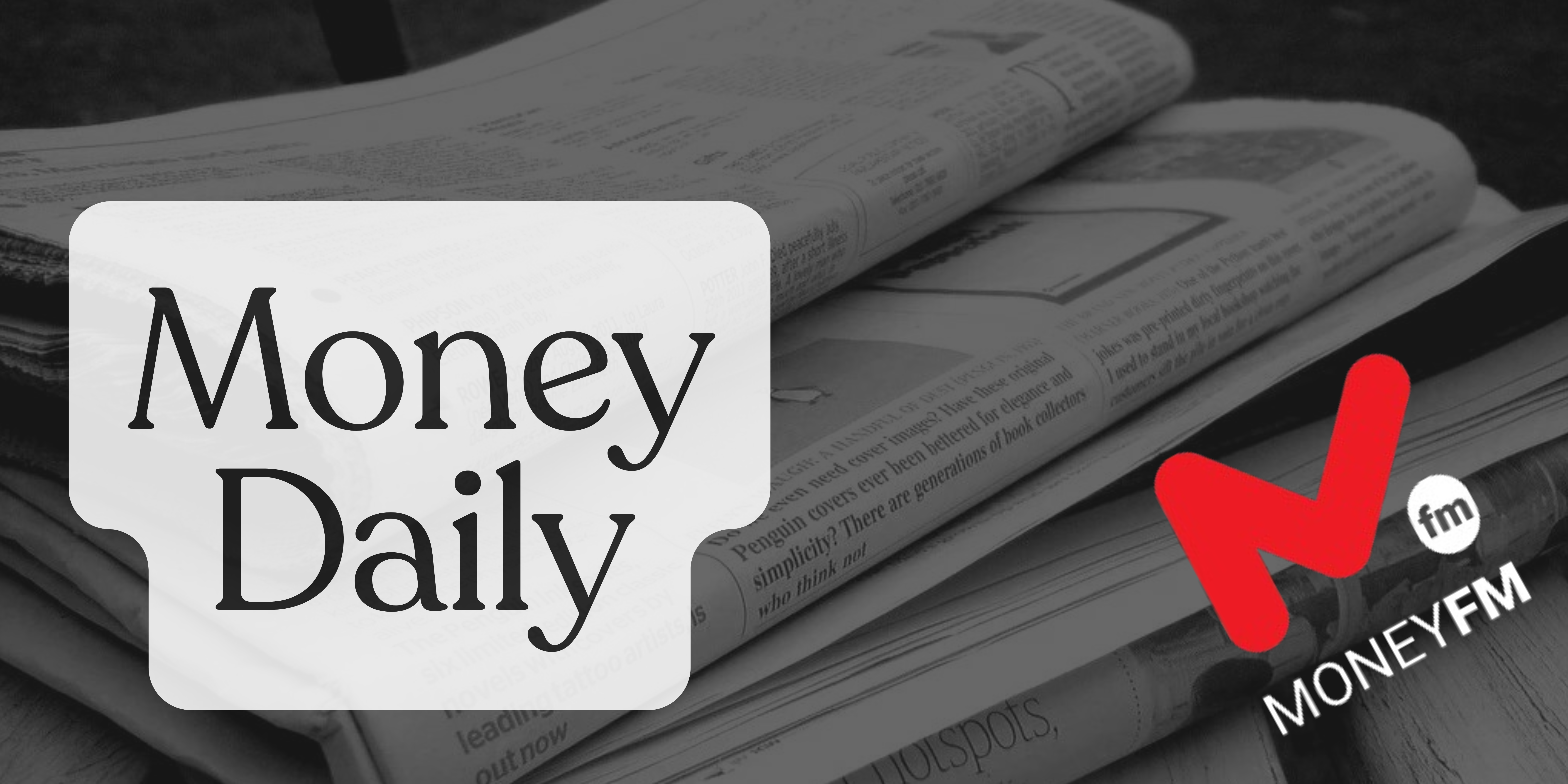Diesel Price Hiked as Petrol, Kerosine Remain Unchanged
Energy Regulation Board (ERB) has increased the price of Diesel for November 2024 by K1.21 per litre, while petrol, kerosene and Jet A-1 remain unchanged.
Addressing Journalists at a media briefing in Lusaka, Board Chairperson James Band has attributed ERB’s decision to maintain pump prices for petrol, kerosene and Jet A-1 to the stability in oil prices on the international market as well as the exchange rate in October, 2024.
“The prices of petrol, kerosene and Jet A-I have not been adjusted because the resultant changes in wholesale prices were below the trigger band threshold of 2.50%,” Mr. Banda stated.

He noted that during the month of October 2024, the prices of petroleum products on the international market and the exchange rate between the Kwacha and United States Dolar were relatively stable.
“Since the last fuel price review on 30th September 2024, the international price of petrol reduced by 0.18% that is from US$76.84/bb to US$76.70/bb. Diesel increased by 2.59% from US$82.39/bb to US$84.52/bb and kerosene/Jet A-I increased by 1.46% from US$83.08/bb to US$84.29/bb.”
“During the month of October 2024, the notable relative stability in prices of oil on the international market and the exchange rate has resulted in minimal impact on prices of some petroleum products on the domestic market,” Mr. Banda noted.
He revealed that effective midnight tonight, diesel will be selling at K30.11 per litre from K28.90, while petrol, kerosene and Jet A-1 will continue trading at K32.70, K26.95 and K29.57 per litre respectively.
Meanwhile, Mr. Banda has attributed the shortage of fuel experienced in October 2024, to logistical challenges currently being experienced by Oil Marketing Companies in transporting petroleum products into the country by road, which include the recently introduced US$24, 000 transit tax by Zimbabwe.
“The logistical challenges included persistent bottlenecks at the Port of Beira in Mozambique and the introduction of the new customs law in Zimbabwe which requires that transporters pay tax per truck of approximately US$24,000 to be refunded at the port of exit upon compliance with transit procedure.
“The custom charge forced Zambian fuel transporters to suspend imports through Zimbabwe. Consequently, this resulted in the bottlenecks at Chanida border post and extended transit times due to the increased routing distances,” he explained.
Mr. Banda said Government is engaging its counterparts in Zimbabwe to wave the transit tax, to mitigate any further fuel supply challenges that might arise going forward.
He added that other measures that have been put in place include prioritizing loading of Zambian cargo at Beira Port in Mozambique, allowing tankers to move faster in country and be cleared faster ta Chanida Border Post, and allowing Zimbabwean Trucks back on the market to move Zambian cargo.
Mr. Banda also assured that the country has sufficient fuel stock to cover the national requirements of petroleum products.
“As of 31st October 2024, the country has 32.67 million liters of diesel and 14.17 million liters of petrol in various depots and retail sites countrywide.”
“Additionally, fuel has continued flowing in through the pipeline and by road. ERB would like to reiterate its advice to the public to avoid panic buying as the Board is committed to maintaining the national daily requirement of petroleum products,” Mr. Banda added.








